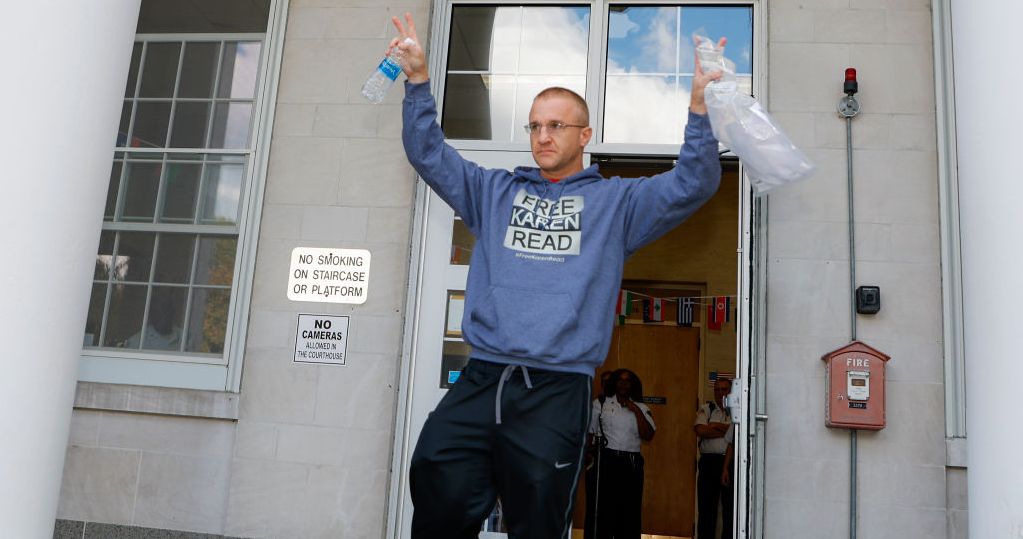The Mavs’ revolving carousel of role players, and their pre-Nico tendency to stick with them for years, has had a predictable effect on Mavericks fans – the emergence of angry, rival camps of supporters and detractors. Almost everybody agrees that Dorian Finney-Smith was a gem, but depending on who you ask about guys like Maxi Kleber, Dwight Powell, or even Josh Green you’re going to get very, very different answers. I was never a Powell guy, I can’t understand how Josh Green can look so talented (offensively) one minute and like someone who has never played basketball the next, and my beef with Maxi Kleber is just that he’s been around too long – he was part of too many bad teams, and it would be best, in my view, to exorcise him for the vibes. But I always liked Tim Hardaway Jr.
Tim Hardaway Jr. – THJ to his friends – came to Dallas from the New York Knicks in 2018 at a time when the Knicks seemed to have massively overpaid him. On that Knicks team, his $16.5 million bucks made him their third best player – roughly twelve million more, incidentally, than a young Kristaps Porzingis. One of the dirty little secrets about contracts, however, is that they keep going up, and by the time he signed essentially the same contract to stay, in 2021, that was almost a bargain for a player of his gifts. He was – let’s not gloss over it – immensely frustrating as a player. I used to joke that he was the only 80+ % free throw shooter who somehow went 1-2 every single time. The same seemed true for his three-point shooting, where he’d end up around 37% or 38% by shooting 65% one week and 20% the next.
Yet what happened to Hardaway in Dallas is not that his streakiness finally caught up with him. It was a much more normal thing. Role players exist on what is essentially a ladder. When they are on the right rung, everyone talks about how great and valuable they are. If they go up, they get overexposed, if they go down, they stop being effective. For Hardaway, it was the latter. In some ways, you can say that what happened is that his offense was an important part of the team before last year’s midseason infusion of talent, and then it wasn’t – and the box scores bear that out. Hardaway scored 19+ points a game in October, December, and January, and shot over 37% from three in October, November, and January, while playing roughly 30 minutes a game. His January was particularly impressive, 19.2 points on .445/.381/.880. But come February, he was playing 26 minutes, scoring 10.6, and shooting 34% from three and it just got worse as the season went on.
But then again, the playing time wasn’t really about his offense at all. In acquiring P.J. Washington, and Daniel Gafford at midseason, bringing Dereck Lively along, and fostering a Dante Exum and Derrick Jones Jr. renaissance, the Mavs were able to assemble a wrecking ball of a defense, one that, from March 7th on, led the team to 16 wins and 4 losses, 2 of which were end of the season concession games, while holding opponents at 105 points or under 11 times. Nothing about THJ’s game made him a likely candidate for a key cog in an aggressive, switching defense, he wasn’t, his playing time diminished, and his shot went with it. In other words, the Mavs simply moved away from a style of play that could use what he did well to one that required what he did poorly.
Even so, of all the role players mentioned here, THJ was probably the best. It’s easy for fans of the league to think that if any NBA player were given enough shots, they’d scored 15+ points on decent percentages. But it just isn’t true. As twitter user Michael Wei pointed out to me a few days ago (https://x.com/michaelthewei/status/1805704854083715311) almost nobody actually shot so many threes at such an efficient clip while Tim was a Mav. If you compare his Mavs years to the career of somebody like Buddy Hield, for example you find that Tim had worse percentages, but not so much worse – .414/.363/.816 to .434/.400/.860 – with a slightly higher points per game. That was valuable, until it wasn’t, and lots of teams would find value in it.
And so – I don’t know if Detroit will play him or cut him. But if they play him, I expect him to be good for them, on offense anyway. Last year, Mavs fans suffered through a lot of annoying nonsense about how Grant Williams was thriving in Charlotte, because it fed into everyone’s favorite storyline – maybe Luka isn’t really good? But nothing interesting happened for Grant when he moved out of Dallas except that he climbed the ladder. A much worse team needed him more, he was able to do more, he did do more. The same may well happen to Tim. I hope it does! I appreciate what he did here, and I wish him all the best.

Gregory Daniels is your guide to the latest trends, viral sensations, and internet phenomena. With a finger on the pulse of digital culture, he explores what’s trending across social media and pop culture. Gregory enjoys staying ahead of the curve and sharing emerging trends with his readers.








